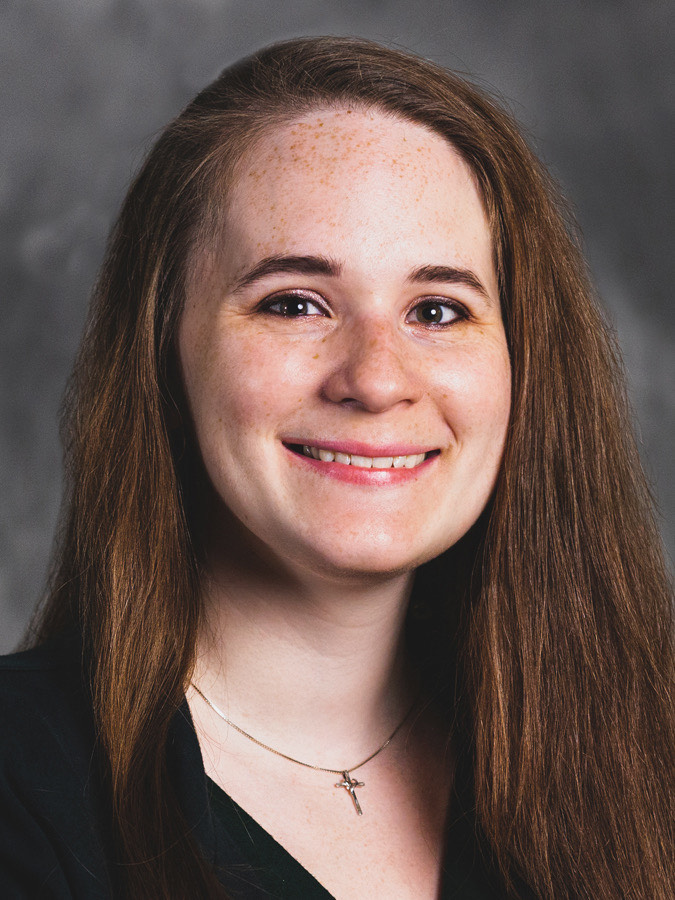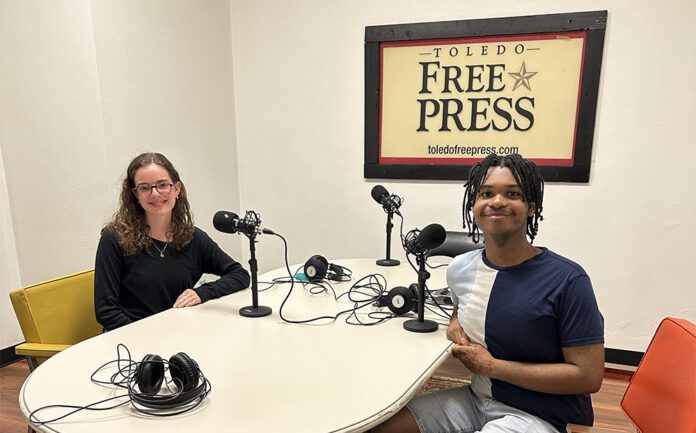Miles Across America: Deb Miles Kelly
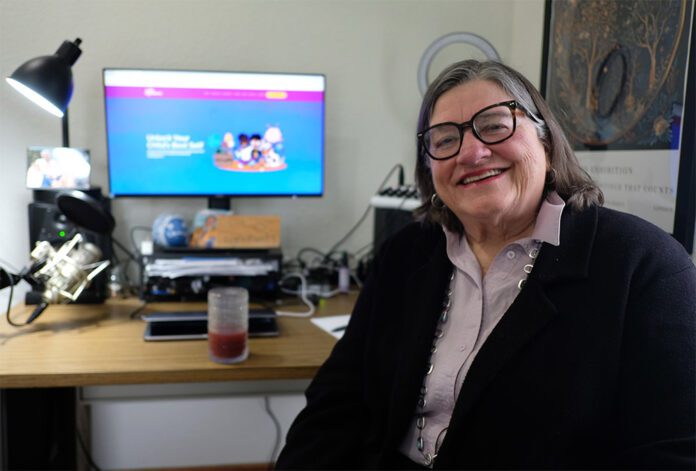
Toledoan launches innovative education curriculum
WHITEHOUSE – In her 74th year, more than two decades after she left Toledo, Deb Miles Kelly is firmly bucking author Tom Wolfe’s adage You Can’t Go Home Again.
But, then, Kelly always has forged an independent, unconventional path.
In 2003, after ending a 30-year marriage that produced four children, she sold all of her possessions and departed the Toledo area. On foot.
In the heat of late summer, she walked to St. Louis, a distance of 469 miles. Along the way, Kelly’s quest and magnetic personality made her many friends. People opened their doors – and hearts – to the middle-aged wanderer.
Now, 22 years later, the most important lesson learned from the experience still resonates.
“Americans are the most kind and generous people,” she says. “I was never alone.”
We’re chatting in Kelly’s immaculate and beautifully designed 660-square-foot home. It sits on one acre across from Oak Openings Metropark. The home and adjacent five acres belong to her daughter and son-in-law, Jill and Jade Lipinski, who operate a landscaping and excavating business on the property.
Kelly, born and schooled in Toledo, lives only three miles from the considerably larger Monclova Township home where she raised her family. It’s been a full-circle journey spanning 21 years.
When Kelly left on her trek, which she dubbed Miles Across America, she intended to reach the Sierra Nevada town of Truckee, Calif., where her two sons lived. But the weather turned cold by the time she reached St. Louis, so Kelly traveled by air the rest of the way.
In Truckee, 12 miles northwest of Lake Tahoe, her life flourished in unforeseen ways.
Her sons, Bill and Kevin, started a house painting business. Their mother signed on as the marketing director. Her daughter, Erin, moved from Ohio to join the business as the color consultant.
Then, at Kelly’s invitation, her ex-husband and still best friend, Bill Kelly, in failing health from the chronic alcoholism that ended their marriage, arrived in 2005. He quit drinking the day he stepped off the plane. An astute businessman from his days running Kelly’s IGA Foodliner in South Toledo, Bill played a pivotal role in organizing the family business. He died five years later, in 2010, but his legacy was secure.
“He told me those were the best years of his life,” Kelly says, still amazed by Bill’s unexpected resurgence and his positive impact on her tight-knit family.
Aside from work, she grew close to her six grandchildren. Kelly attended all their sports and school events. They called her Shanti, which means “peace” in Sanskrit.
Meanwhile, an idea that had been percolating for years began to take shape. As a student of life, as she describes herself, Kelly witnessed the adverse impact of a chaotic, fast-paced world on school children. She tapped information from educators, technologists and marketers and came up with a platform she called Life Ingredients. The initial idea, she said, was to provide teachers – and parents – with a toolkit to instruct students to calm their minds. The hopeful result would be improved critical thinking and learning how to manage their lives.
Life Ingredients kept her busy, so Kelly retired from the family business at 65. She began traveling with her three best friends from Rogers High School and created a podcast called Rams Radio RH, in which she interviewed Rogers’ alums.
By 2023, Kelly, very much possessing an intuitive mindset, felt the tug of the road once again.
“I needed a change,” she says, looking back. “It was the same inspiration I had for Miles Across America.”
Other factors nudged her motivation to move on. Her grandchildren were older, diminishing their Shanti’s role in their lives. And her cozy apartment of 15 years, above her son Kevin’s house, was about to disappear as he was building a new home on the site.
So, on April 1, 2024, Kelly packed her framed art, a cherished soup pot, favorite books and little else into her 12-year-old Honda and headed east. Over the next five months she attended a retreat in Colorado and couch surfed with family and friends in Florida, Vancouver, British Columbia and Tennessee. Along the way, there was an unexplainable pull toward Lucas County.
“I had this feeling I needed to go home,” she says.
She arrived in September and moved into a Maumee apartment. Word spread among her many friends that Deb Kelly, the can-do girl, was back. That led to her recruitment as one of the organizers of a high school reunion. The combination of the lengthy road trip, reunion activities and subsequent holidays proved too much for the normally healthy Kelly.
“I got really sick in January,” she says.
Her undiagnosed illness lingered for weeks until her daughter Jill finally coaxed her into an urgent care visit. There, tests revealed a urinary tract infection. Antibiotics handled the illness but not her stubborn aversion to doctors.
“I believe the body can heal itself,” Kelly explains, reaffirming the unconventional thinking that has defined her life.
She moved into the Whitehouse home in February. That story involved another intuitive episode. Kelly had been looking at tiny house designs on the Internet and thinking such a place would be a perfect fit. A few months after she returned, Jill called and said, “Mom, we bought the property next to us. You can live in the house.”
Aside from a home and area she loves, Kelly has enjoyed growing closer to Jill, her husband and two grandchildren, Paxton, 19, and 14-year-old Piper. She admits to a contentious relationship with her eldest daughter in years past, but that situation has softened considerably.
“I overheard Jill tell her siblings one day, ‘I get Mom now for the rest of my life,'” Kelly says, clearly moved by those words. “I’m so proud of that girl.”
She explains that in addition to working with her husband, Jill will be opening a coffee shop called Wild Roots at Oak Openings this summer. The other Kelly children are crushing it, as well. The house painting shop started by her sons has turned into Kelly Brothers Painting, a multi-million-dollar business with more than 75 contract employees operating in three towns. Meanwhile, all four siblings are involved in a number of real estate ventures in multiple states. Kelly sits in on their monthly meetings, offering the occasional advice.
Over the course of an hour, we quickly bounced from one topic to the next. Her newest friend, a 4-year-old rescue dog named Ivy, became a welcome roommate four days earlier. She’s anxious for warmer weather so she can plant her herb garden. She just completed a 105-page photo book for her granddaughter Kailea’s 21st birthday. She’s promised each of the eight the same: That’s two down and six to go – three of them in 2026.
Whew! I’m exhausted.
Kelly possesses a level of infectious enthusiasm on her many areas of interest that can wear you out if you are unprepared. I asked her if she’s ever able to quiet her active mind. She responds with a single word: meditation.
“I’ve been practicing it most of my life,” she says.
That brought us back to Life Ingredients and her plan to grow the business. Kelly tested an early version of the program in a few Truckee-area schools with excellent results. Since then, she’s collaborated with an illustrator, Kelly Dillon, and produced eight children’s books, more than 150 instruction videos and eight short stories – all fee-based on the Life Ingredients website.
The target audience remains parents and teachers, who also benefit from the meditative aspect of the program. As a tribute to her grandchildren, her pseudonym for materials produced solely for children is Shanti.
Next up is a YouTube channel.
“I intend to do talks, sharing my material,” Kelly says. “That includes everything from stories, to cooking, art projects, planting a garden and meditating in nature.”
Final question: That’s a lot of work. Why?
Of course, Kelly had an answer.
“I have been thinking about what kind of legacy I can leave my grandchildren. I could leave them a few bucks in the bank and some china for their cabinet. But I don’t think it will really rock their world or the world at large. This might.”
Federal nonprofit aid to unhoused threatened

TOLEDO – Recent federal funding and staffing cuts have brought strong reactions nationwide, especially among our most vulnerable populations and those who help them survive.
While some U.S. nonprofits face particular challenges, like those within our national parks, vulnerable groups are influenced most directly. Already at-risk individuals, like those experiencing domestic violence and mental illness, often require assistance to establish themselves in a safe environment. Programs addressing homelessness are now fighting to continue doing this vital work in our community.
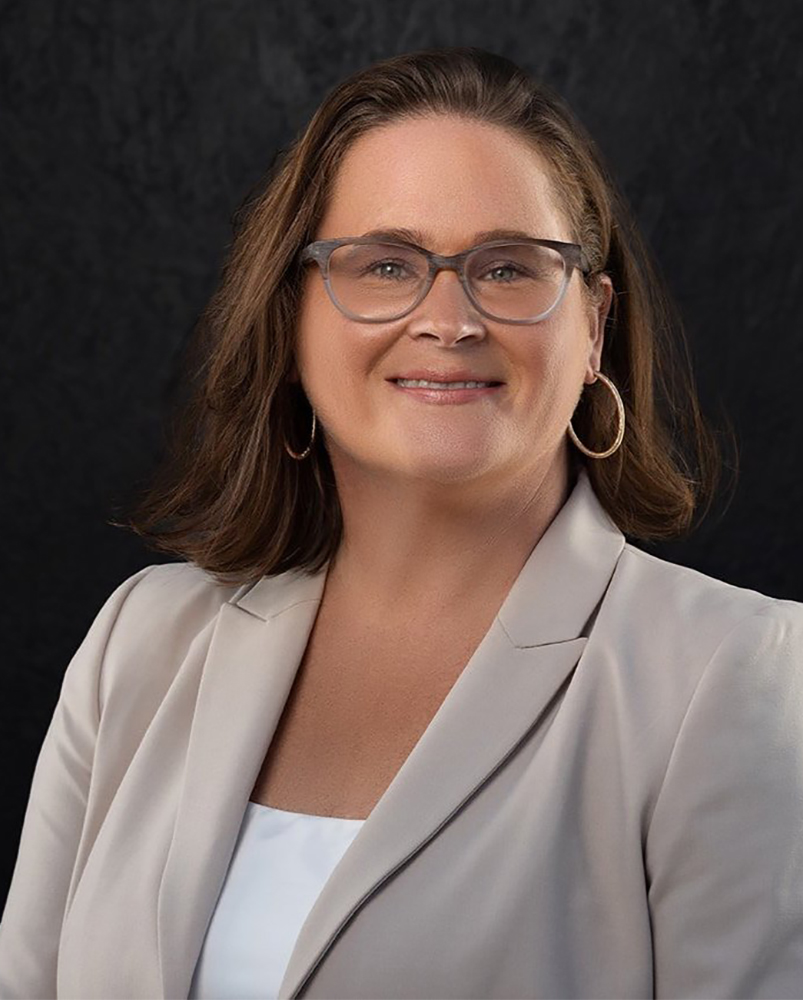

Julie Embree is the executive director of The Toledo Lucas County Homelessness Board, an organization that guides and funds nonprofits addressing homelessness. Embree’s organization works hard to collect data supporting the need to address homelessness in the Toledo area. This is crucial because funding for the area directly comes from that data.
Amid the funding changes, TLCHB struggles to plan when uncertainty surrounds their budget.
“Considering recent events, a lot of housing money is embedded in DEI language, accessibility and inclusion to make sure we are providing fair housing to anyone that needs it,” Embree said. “So, it’s really been questionable as to what kind of cut we were going to take.”
The Homelessness Board must go through their reporting and perform acrobatics to avoid suspect language the government has issued as a warning for lost funding.
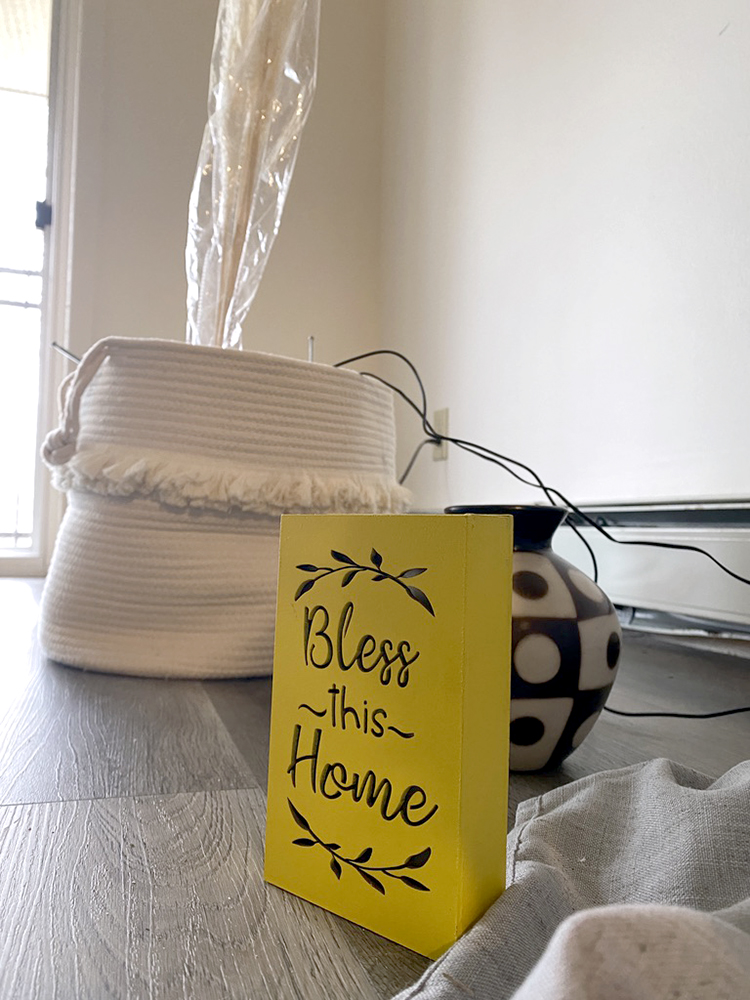
“We are not supposed to use words like ‘marginalized,’ ‘underserved,’ ‘accessible’ and ‘equitable.’ Those are pretty generalized terms, in my opinion,” Embree said of the changes required of their organization since the banned words list was released.
“We need to be providing assistance that’s accessible to disabled, elderly, etcetera. It takes away our ability to convey that all folks are important and to advocate and work towards more than just adequate housing. There have even been race/ethnicity we can’t use. It hinders our ability to say that we are here for all folks.”
Unfortunately, the barriers that organizations like The Homelessness Board are facing are not limited to funding. Medicare and food insecurity are sectors also impacted by cuts. These programs impact homeless individuals at a higher rate. When their needs can’t be address by these programs, the weight of addressing the need falls onto supporting organizations.
Leading Families Home
One of those organizations is Leading Families Home, which manages two shelters, one for women’s individual beds, the other for families of all makeups. Their shelters hold 96 beds and have a long waiting list. They also offer programs that help those transitioning between homelessness, such as rental assistance and mental health treatment.
Jennifer Jacobs is the executive director of Leading Families Home. She and her team are finding themselves making contingency plans for loss of funding. “Our primary focus is on rental assistance and keeping people off the streets before treatment and other programs,” she said.
Leading Families Home’s programs seek to address the issue of homelessness as a whole, to prevent it from recurring and keep treated individuals in secure housing.
“When you’re looking at homelessness, you need to look at it as a whole,” Jacobs said. “What was the issue and how do we prevent it? How can we stop it from continuing? How can we stop it from being generational?”


Christian Sullivan is one individual who the Beach House, a Leading Family Home shelter, assisted. He is now living in his own apartment, his own space, after communal living at The Beach House and being displaced prior to that.
Sullivan volunteers at The Beach House often and said he made his own family there. “If I’m going through something, I’ll call Jackie, and no matter what time of night it is, she’ll answer.”
He shared that his past was not one full of acceptance, and has been dealing with past incarceration, abuse in incarceration and gender transition.
Thanks to funding from Neighborhood Properties, he is able to receive assistance in his transition to apartment living. He also benefits from therapy programs under Leading Families Home.
Embree shared a staggering statistic: “As of last week, there were 52 males, 58 females and 100 families on waitlists to get into shelter. We have 588 beds in our current shelter system, and there’s an additional 1,200 beds in the community through other support services.”
Shelters could stay open about 30 days without funding. A small town’s population may be pushed out of safe and supportive environments, making at-risk individuals prone to further harm. The future of funding for these essential programs is uncertain.
International exchange program funding restored … for now

Host families sought for international students
TOLEDO — Payments recently began flowing again for local high school exchange students who were caught up in the flurry of federal funding freezes earlier this year, but supporters have expressed concern about the long-term survival of these study abroad and cultural exchange programs in light of federal budget cuts.
Mandated by the Mutual Educational and Cultural Exchange Act of 1961, the U.S. Department of State oversees these programs as a means of cultivating mutual understanding between Americans and people of other countries to promote friendly, peaceful relations. This mission is carried out by the State Department’s Bureau of Educational and Cultural Affairs (ECA), which awards grants and cooperative agreements to non-profit organizations to support academic, cultural, and professional exchange programs.
American Cultural Exchange Service (ACES) and AFS Intercultural Programs are two nonprofit partners that contract with the State Department to facilitate exchange programs in the Toledo area. While some international students pay their own way, others participate in scholarship programs geared toward cultivating relationships with people from different parts of the world.
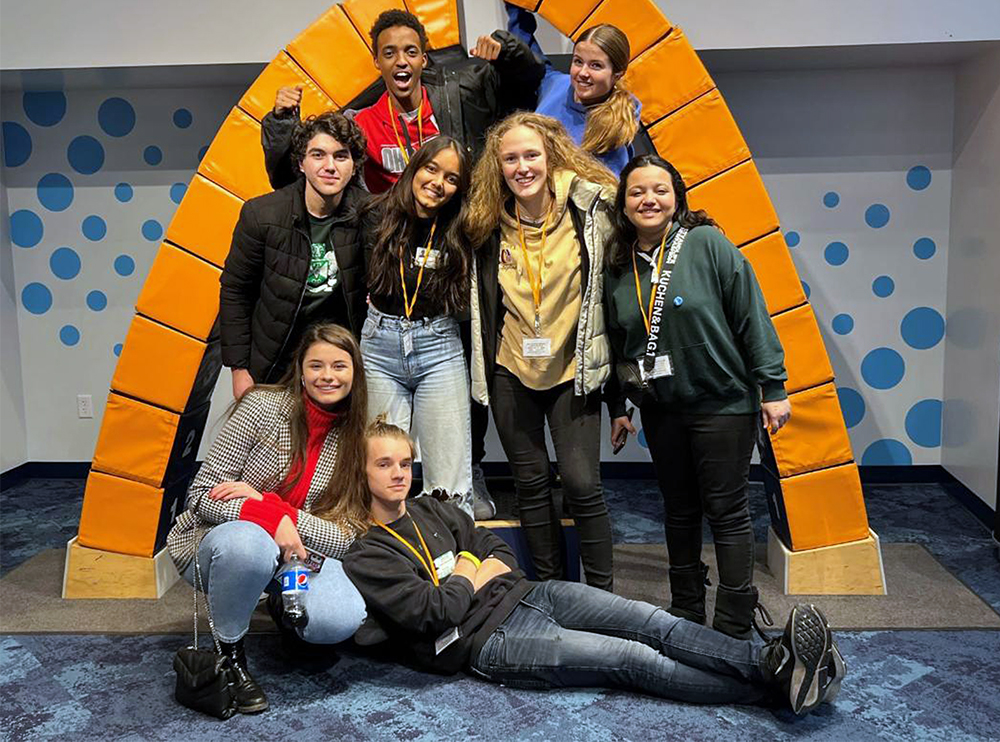
Tracee Ellis, regional director and local coordinator for ACES, said the organization is 100 percent funded by the government because they are facilitating State Department programs.
Disruptions to that funding began when some recipients of those grants, including ACES, were informed Feb. 13 of a 15-day temporary pause on all disbursements, effective Feb. 12. This impacted all international exchange programs for secondary and post-secondary students, including American high school students studying abroad.
That pause was supposed to expire Feb. 27, but the funding was not ultimately restored until the end of March, according to Ellis.
The freeze impacted salaries and operations, as well as stipends for the students. Some planned activities had to be cancelled, including a trip to Chicago and a weeklong civic education workshop that about 400 international students were to attend in Washington.
Ellis said the freeze was declared illegal in the courts because it impacted funding that Congress had already allocated through 2026. Ellis said ACES is receiving federal funds again and the students received all back payments for stipends they did not receive during the freeze.
The monthly stipends offset some personal expenses, such as clothes or extracurricular activities. Ellis notes many students come from warm climates and need help purchasing coats and other clothing, even items such as socks.
“I had a student come here with an overnight bag for nine months — not because they’re packing light; because that’s all they had,” Ellis said.
Changed lives and new perspectives
According to the Bureau of Educational and Cultural Affairs website, its youth programs empower the next generation and establish long-lasting ties between the United States and other countries. Exchange programs focus primarily on secondary schools and promote mutual understanding, leadership development, educational transformation and democratic ideals.
Linda Sherry, who serves in a volunteer capacity as team chair for Northwest Ohio for AFS-USA, described the international scholarship students as the future leaders of their countries.
“The kids who are chosen to be sponsored students are usually pretty amazing,” she said. “They are the ones who go home with a positive attitude about America, and they go back and they influence politics in their own country.”
One young man who visited Northwest Ohio from Tunisia recently notified Sherry he was accepted into Harvard. Another sponsored student returned home to graduate in the top of his class and become a doctor in India, where he is now training to become a cardiac surgeon and opening a hospital for the underserved in his hometown. Sherry also hosted a student from Germany who went on to graduate law school and become legal counsel for a member of the Bundestag, the legislative body in Germany.
Hosting international students
Since 2001, Sherry’s family has hosted students from Argentina, Germany, China, Thailand and Italy. She remembers them all by name and has even visited some in their home countries.
“I feel like I have contacts all over the world, and that’s a benefit of hosting students,” said Sherry. “Also, my own kids have become global citizens. They’ve ended up traveling because they understand the world on a more personal basis.”
Ellis hosted her first student, a young man from Mali, in 2014. He went on to attend a university in Paris, where he now works for Ernst and Young.
Ellis and Sherry both emphasize the constant need for host families. If they don’t get placed with a host family by the deadline, some exchange students have to be deferred for a year.
“This is the time of year when we’re looking for host families, and the main qualification for a host family is just the ability to love another kid — to bring them into their home and open up their hearts and open up their homes,” said Sherry.
Sometimes people who have preconceived notions about international students go out on a limb to host a student and it changes their entire perspective, according to Ellis.
”When that happens, that’s worth everything. That’s part of the whole mission right there — that they have opened their minds to other people and they consider other things. That’s a beautiful thing that happens, and that’s what’s so impactful about this program.”
This year, Ellis is hosting Cynthia Nkwah, 16, an exchange student from Hildegard Althaus Bilingual College in the South Region of Cameroon, who came to Toledo in September. She was one of nine students from her country chosen from an initial applicant pool of 50 for the Department of State’s Kennedy-Lugar Youth Exchange and Study (YES) program.
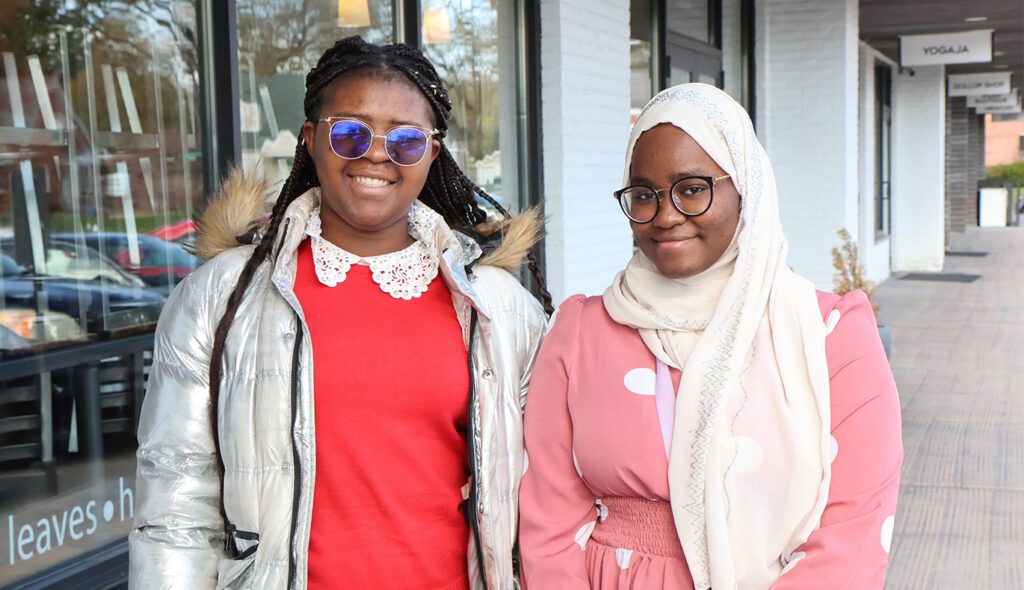
The initiative provides merit-based scholarships for high school students from nearly 40 countries with significant Muslim populations.
Nkwah said she never traveled before this year. While attending the 11th grade at Start High School, she has experienced many firsts, including her first movie.
Ellis said the stove, microwave, refrigerator and freezer were all new for her exchange student.
“They buy everything fresh. They grow it. They get it from the ocean. They’re not going to fast food restaurants and sit-down restaurants,” said Ellis. “She doesn’t have running water. They collect their water through springs and rainwater, and they boil it so they can use it.”
Nkwah recalled her confusion on her first day of classes at Start High School when she realized the students needed to move from class to class. She explained that at home, the teachers move between classrooms rather than the students. After someone explained a late pass to Nkwah, a friend helped her navigate around the school. She said it was also a shock to hear how casually students spoke to their teachers.
Nkwah is enthusiastic about her time in the U.S. and is looking forward to visiting Cedar Point with her choir class before she returns home in June. She will also attend a closing ceremony in Washington with other international students before she leaves the U.S.
After high school, Nkwah said she would like to attend medical school and would be interested in returning to the U.S. to attend a university.
Concerns about future funding
This year, ACES has 35 students from 32 countries studying in northwest Ohio and southeast Michigan. Ellis estimated about 3,500 international high school students come to the U.S. annually under State Department programs, with help from about 17 placement organizations.
Ellis worries about what the future holds for these programs. “We are placing students to come to this area for the next school year. So we’ve been funded through 2026. Beyond that, we don’t know,” she said. “The Administration, or President Trump, is threatening to pull more funding from the State Department.”
The Trump administration’s 2026 budget request, released May 2, calls for $690 million in cuts to educational and cultural exchanges.
AFS-USA, which was not directly impacted by the funding pause in February, said in a statement that it is monitoring the situation closely and continuing its programs as planned.
“We’re actively placing students for the upcoming school year, and there have been no changes communicated from the U.S. Department of State that impact our operations or program expectations per the announced reorganization,” the organization stated.
Ellis said she plans to continue advocating in Washington for exchange programs that change lives for both the international students and Americans who host and go to school with them.
“This is a national diplomatic initiative, and it’s one of the most important ones that the U.S. State Department has,” said Ellis.
The learning benefits extend far beyond the experience of the international students, she added. “This is a global learning experience for American students to understand what their role is as global citizens and how we’re interconnected.”
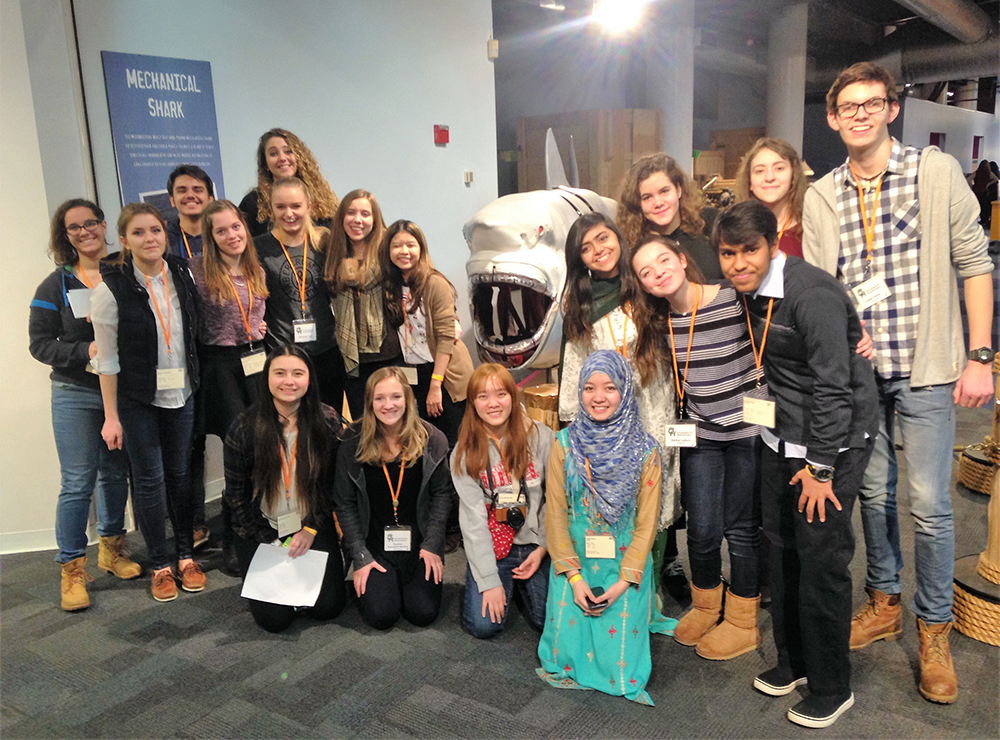
Wrestling fan opines on Linda McMahon’s new duty
Editorial Independence: Op-eds represent the personal opinions of the writers and are independent from our newsroom’s reporting. We welcome diverse viewpoints.
The side-show has returned, and it’s deadlier than the first go-round. Donald Trump’s cabinet picks are no better than what you would get from a two-bit show in some podunk town. Instead of the bearded lady and wolf boy, we have Pete Hegseth acting like Billy Badass and RFK Jr. thinking he knows what’s best for your children.
Then there’s my personal favorite, Linda McMahon as head of the Department of Education. Yes, she’s back for Round Two. In Trump’s first reign, she was administrator of the Small Business Administration (say that five times fast). And what did she accomplish?
I guess that answer will have to wait for the history books to decide. Apparently, her big success was resigning “in March 2019 to assume new responsibilities” within Trump’s failed re-election campaign in that maligned year of our Lord, 2020.
It doesn’t take a political science strategist to figure out that her tenure then, and her reassignment now, is nothing more than another money grab. Her estranged husband, Vince McMahon – the former CCO of WWE (World Wrestling Entertainment) – was practically bosom buddies with Trump, donating upwards of $5 million to his “charities” between 2007 and 2009, and gracing his campaigns with a couple cool million.
Mrs. McMahon didn’t hesitate to buy her way into the inner circle, “donating” upwards of $10 million to gain a spot on Trump’s roster. And what did that get her? A chance to make an ass of herself in front of the cameras.
Hey, Linda, I don’t think artificial intelligence has a steak seasoning preference. We know the Don prefers ketchup on his well-done travesty, and Vince will pay top dollar to keep his preference hush hush.
Brass tacks won’t allow us to sideswipe how Linda McMahon has scurried her way into a high-profile and more dangerous position than before. She’s carried the banner for dismantling the Department of Education in favor of sending “education back to the states and empower all parents to choose education for their children,” as stated in her speech on March 3 – posted on the Department’s website.
The argument that the GOP has made in favor of taking chisel to the government’s rusty infrastructure is to put the power back in the hands of the people. That sounds spectacular, doesn’t it? Until you realize that the Department of Education, for instance, gives low-income students a chance at higher education in the form of government-assisted financial aid.
I was one of those students. Without Pell Grants, for example, I wouldn’t have made it out of my hometown of Lima, Ohio. Yes, was this 2007, when they told every outgoing high-school graduate, “Go to college or suffer the fate of your parents.”
This was the last gasp of the No Child Left Behind idea that each student could do that. Let’s be honest: Did George W. Bush have any clue how a child learned?
At least in 2007, we had a clue. Now? It’s being dissolved under the red herrings of DEI, “trans-genderism” and “Pro-Hamas sentiment.” Make no mistake, these are the crutches which the hard-right lean on. God forbid you say anything which rests within gray areas.
Until you reach the money status of a Linda McMahon – a DEI hire herself – then you’ll never know her vapid perspective. That is the act of Trump’s minions, especially this time around. He rewards his minions, at least for a little while.
It’s a strange kind of love. And we’ll wait for the rage.



